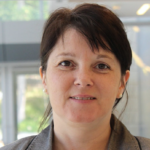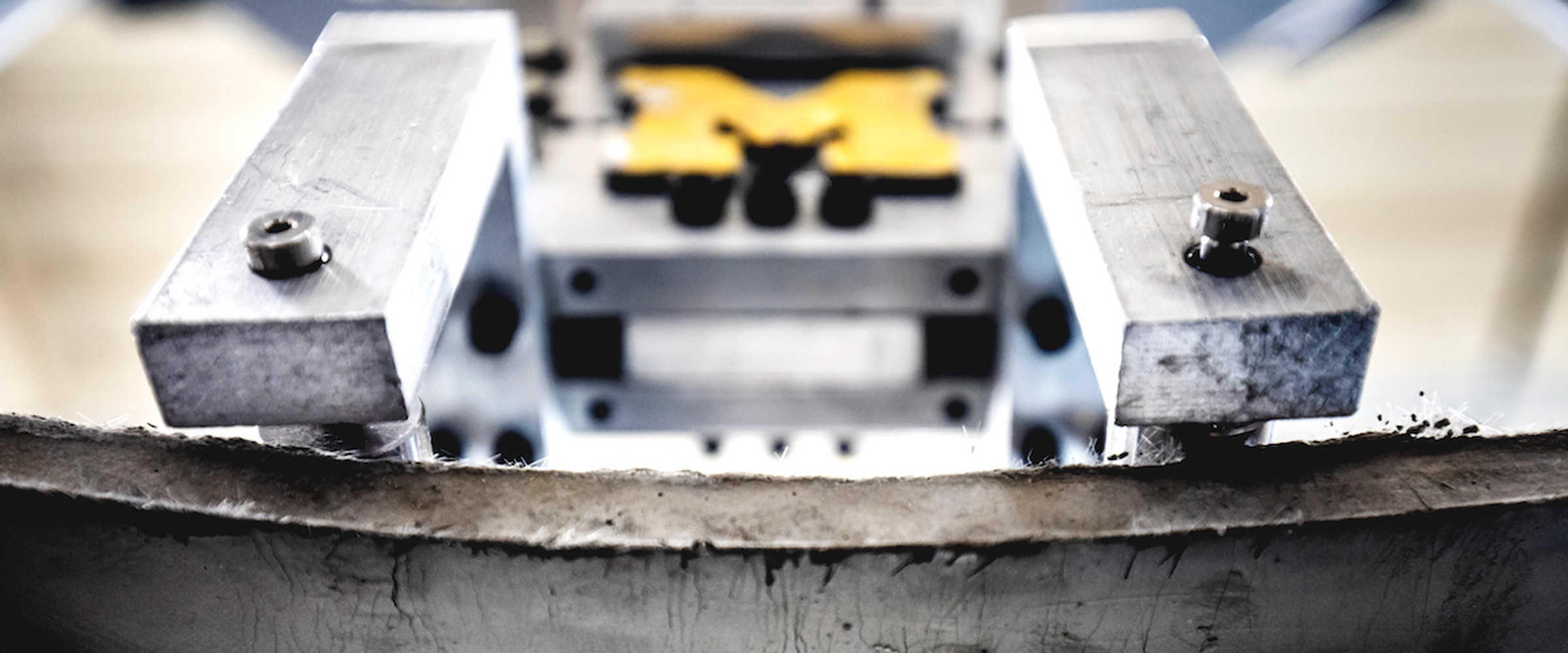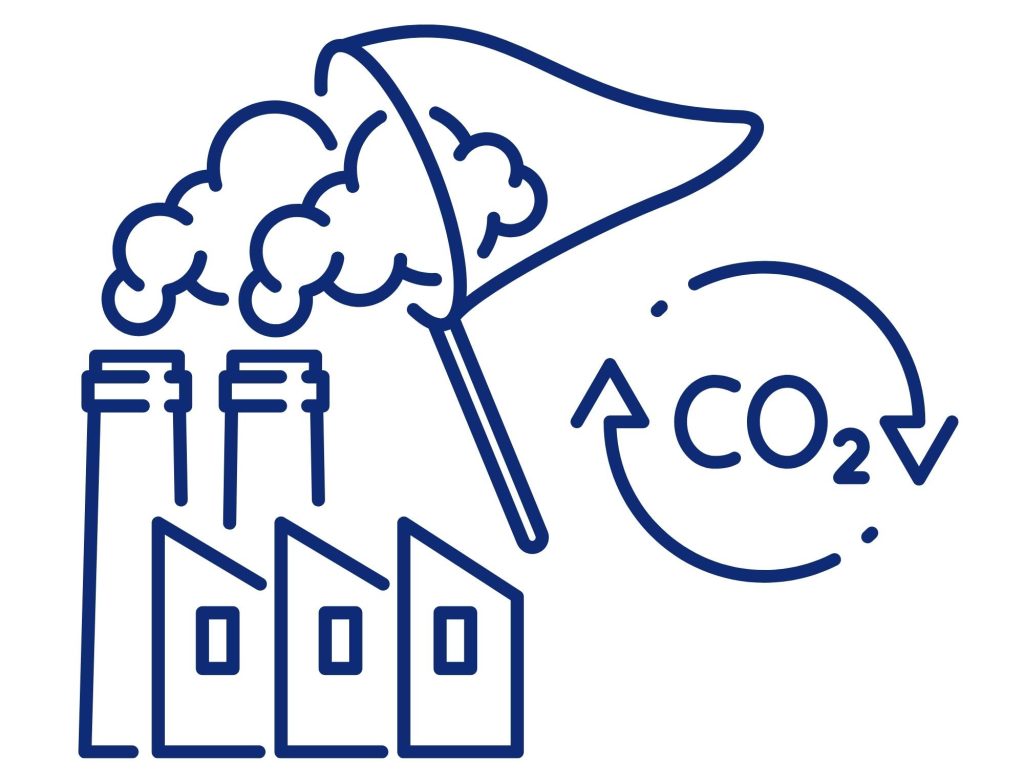Research at the Global CO2 Initiative supports the development of captured carbon product technologies — both technological and biological — from early stage R&D through the stages of demonstration and early commercial deployment.
The Global CO2 Initiative is cultivating existing and potential industry and research partners to further collaborate and expand R&D and deployment opportunities for carbon dioxide removal and utilization technologies.
Innovative Solutions
Public perception is an important component of the commercialization of these products. Without the trust, support, and buy-in of end users, CCU may not achieve the level of commercial success that is necessary to meet market- and climate-related goals.
Read more about Acceptability of Products Containing Captured CO2.

Looking for additional information? Take a look at the Global CO2 Initiative Google Scholar page, the Global CO2 Initiative YouTube site, or our companion website, AssessCCUS.

Featured Faculty
 Dr. Mihaela Banu is a Research Associate Professor in Mechanical Engineering and Dr. Alan Taub is a Professor of Materials Science & Engineering and Mechanical Engineering at the University of Michigan.
Dr. Mihaela Banu is a Research Associate Professor in Mechanical Engineering and Dr. Alan Taub is a Professor of Materials Science & Engineering and Mechanical Engineering at the University of Michigan.
Their research focuses on improving the performance of natural fiber composites for structural applications and how it will use nature’s incorporation of CO2 in plants. Learn about Dr. Banu and Dr. Taub.













